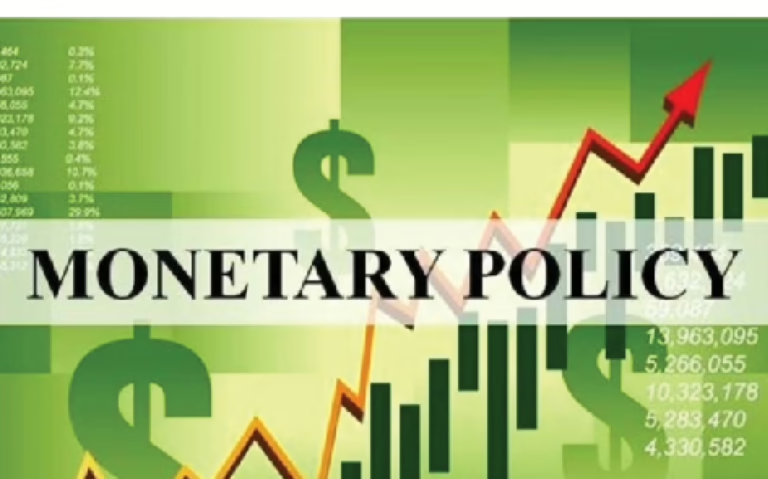As the Central Bank of Nigeria’s Monetary Policy Committee (MPC) convenes for its September session, opinions among financial experts remain split on whether it is appropriate to loosen the restrictive monetary policy that has been maintained for over a year.
Some analysts believe that the recent improvements in economic indicators provide the CBN with an opportunity to reduce the benchmark Monetary Policy Rate (MPR) from its current 27.5 percent, anticipating a modest 50 basis point cut. Conversely, others warn that the economy’s fragility still demands caution against any significant easing measures.
Ayokunle Olubunmi, who leads Financial Institutions Ratings at Agusto & Co., advises prudence, emphasizing that despite encouraging data, the overall stability remains fragile.
“While there are emerging signs of steadiness, this stability is not yet fully assured. It might be more prudent to delay any major policy adjustments until the next MPC meeting,” he explained.
He further highlighted the Treasury bills market’s behavior, noting that attempts to lower rates have been short-lived, with subsequent increases following each reduction. “This pattern indicates that cutting rates signals a shift toward a more accommodative policy stance, which the current economic environment may not be ready to support,” Olubunmi added.
On the other hand, Cordros Capital, in its pre-MPC analysis, advocates for a cautious 50 basis point reduction. The firm points to the ongoing decline in inflation, stable exchange rates, and a strengthening economic growth outlook as justifications for a gradual policy adjustment.
“Given the positive trends in key macroeconomic variables, the MPC could cautiously begin easing monetary policy. We anticipate a 50bps cut in the MPR, reflecting a balanced approach to stimulate growth while safeguarding price and currency stability,” Cordros stated.
Similarly, Cowry Assets Management expressed a cautiously optimistic view, acknowledging that the notable drop in inflation during August might allow for a tentative policy shift, potentially even a symbolic rate cut. However, they also warned that lingering risks-such as foreign exchange pass-through effects, disruptions in food supply chains, and fluctuating oil prices-may necessitate a careful approach.
“Throughout most of 2025, the MPC has maintained a steady benchmark rate of 27.50 percent to anchor market expectations. Nonetheless, the significant easing of headline inflation in August could open the door for a policy adjustment,” Cowry Research observed.
Nigeria’s headline inflation rate declined to 20.12 percent in August from 21.88 percent in July, driven by reduced price pressures in both food and core inflation categories. Experts anticipate this downward trend to continue, supported by the main harvest season and stable energy costs reinforcing disinflationary forces.
Dr. Muda Yusuf, CEO of the Centre for the Promotion of Private Enterprise (CPPE), interpreted the latest inflation data as a sign that the economy is stabilizing following recent reform shocks. He urged the CBN to contemplate easing its stringent monetary policy.
“The consistent slowdown in inflation is a positive signal that the economy is recovering and stabilizing after the reform-induced shocks. It also reflects growing investor confidence,” Yusuf remarked.
He also pointed out the widening disparity between the MPR and inflation rates, arguing that it is time to narrow this gap. “Currently, the MPR stands at about 27.5 percent, while inflation has fallen to roughly 20 percent. This gap suggests the need to start easing monetary policy gradually,” he recommended.






















